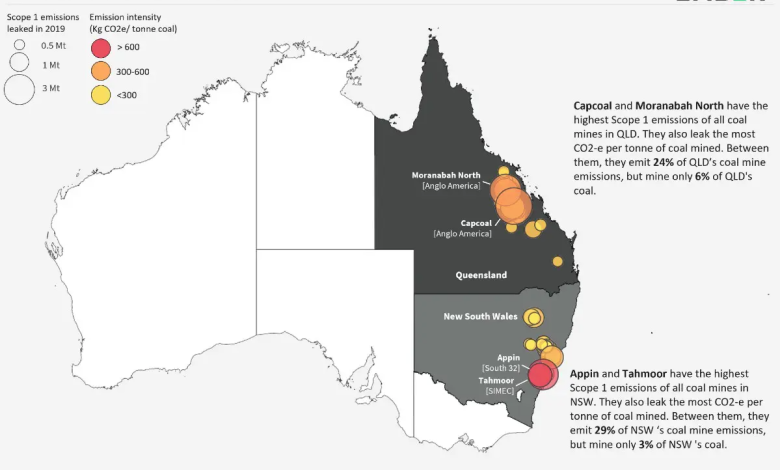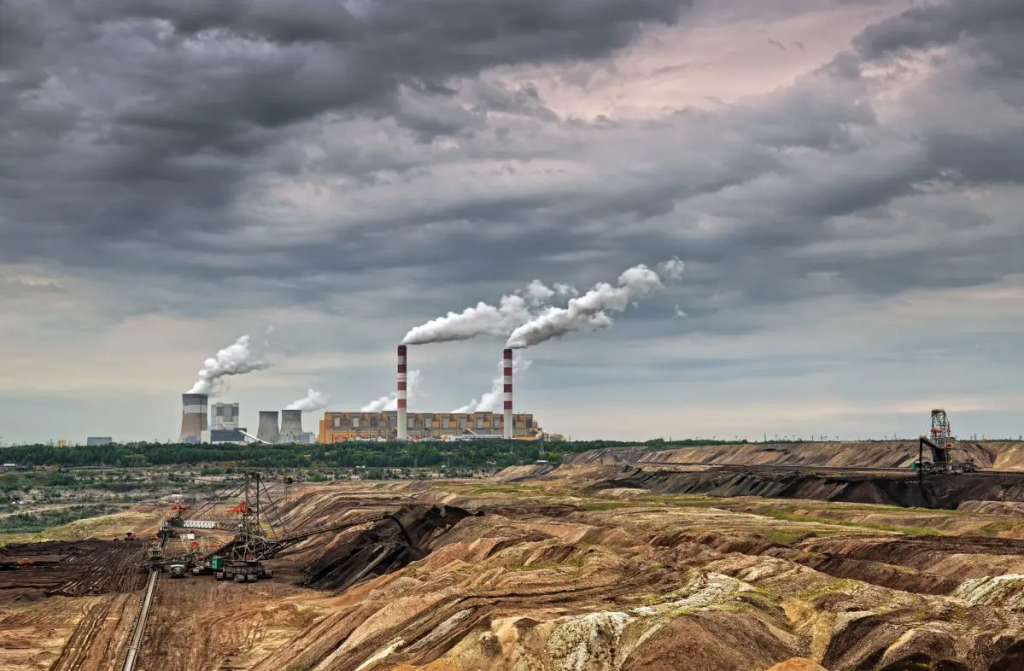Methane emissions from mines, Australia’s Achilles heel

Real methane emissions from coal mining sites are twice as high as officially declared
(Sustainabilityenvironment.com) – Unless it does something to curb methane emissions from its coal mines, Australia will resoundingly fail to meet its 2030 climate targets. From this source comes 68% of all CH4 emissions from the country: a larger contribution of both gas and oil. This is according to official data. But they could be busted. And a lot. In fact, the methane actually released into the atmosphere could be twice that declared.
The think tank Ember writes in its latest report, where it analyzes one of the sectors where interventions to cut methane emissions would be (on paper) simpler and would help the G7 country with the worst climate performance to take off this uncomfortable label.

First of all, the numbers. According to the national monitoring system, Australian coal companies reported methane emissions from mines in 2019 for just under 900,000 tons. According to the calculations of IEA, the International Energy Agency, the correct figure would be 1.8 million methane pollution: double. Satellite monitoring shows that the greatest discrepancies occur with open pit mines: often the declared values are 10 times lower than the true ones. Consider that not all mines emit in the same way. The 25% more polluting of the sites emits almost 70% of the total.
How to reduce methane emissions? Faced with this situation, according to Ember it is not possible for Australia to reach the 2030 climate target. Especially because new coal mines are planned and the policy is not doing anything to push existing sites and managers of those exhausted or abandoned to buffer methane emissions.
Read also Calculated for the 1 time carbon budget that takes into account all greenhouse gases
“The message is clear: methane produced by coal mines requires urgent attention. This means not only improving measurement and reporting, but also, and above all, mitigating these emissions“, summarizes Manfredi Caltagirone of Ember.





